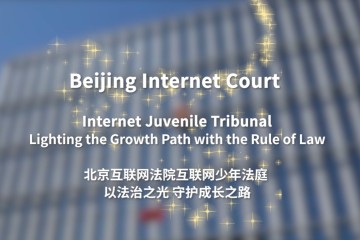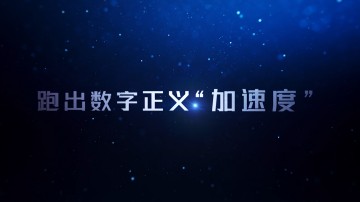Beijing Internet Court's case included as top typical case of personal information protection
A case of personal information infringement concluded by the Beijing Internet Court, which alleged against the WeRead app has now been included among the 2019-2020 national top 10 typical judicial cases in protecting consumers' rights by the China Consumers Association.
The case was trialed by a collegiate bench with Sun Mingxi as the chief judge, Yan Jun as a judge and Hao Zuo as a people's assessor.
Huang, plaintiff of the case, had found that the WeRead app run by Tencent, defendant of the case, didn't allow users to log in the app if they didn't give their authorization. Meanwhile, the authorization means the app could access and transfer data regarding the user's WeChat friends. Huang claimed that that was an infringement that the defendant should cease.
The collegiate bench held that the app's failure to inform the plaintiff and obtain consent with reasonable "transparency" in the license service agreement infringed his personal information rights.
The collegiate bench reminds consumers that network operators should follow the principles of legality, justice and necessity and meet the conditions of informing the user and getting permission when collecting and using personal information.
Users should pay attention to relevant software service agreements and privacy policies before using mobile apps, and should carefully read the terms related to information collection type, storage and security, so as to prevent damage to their legitimate rights and interests caused by the procedures of mobile apps.
Having collected and summarized the judicial cases nationwide related to protection of consumers' rights between 2019 and 2020, the China Consumers Association organized experts and lawyers to select top 10 typical judicial cases from the perspective of consumers' rights protection.
The 10 typical case covers the current hot issues of consumers' rights protection, such as the protection of mobile app users' personal information, the "bundled installation" of internet terminal software, automobile consumption fraud, and charging for telecom services without notification.

 Judicial White Paper
Judicial White Paper
 Play
Play Play
Play Online Lawsuit Guide
Online Lawsuit Guide Beijing Internet Court Lawsuit Service WeChat Account
Beijing Internet Court Lawsuit Service WeChat Account  Beijing Internet Court WeChat Account
Beijing Internet Court WeChat Account